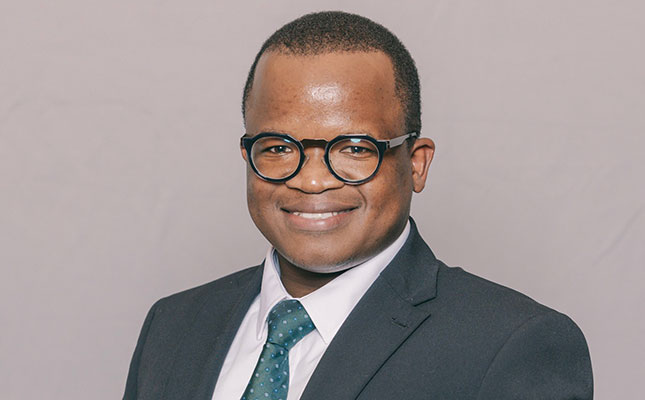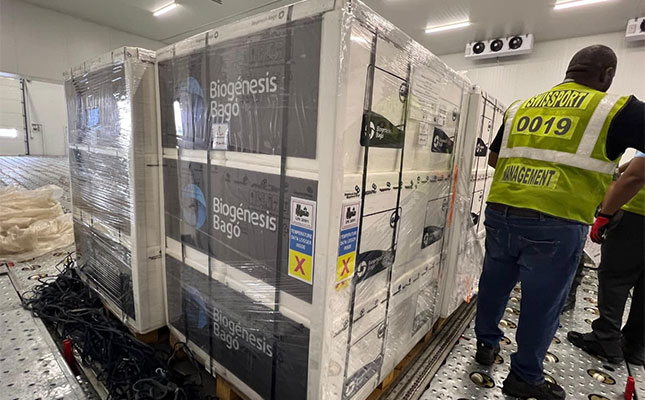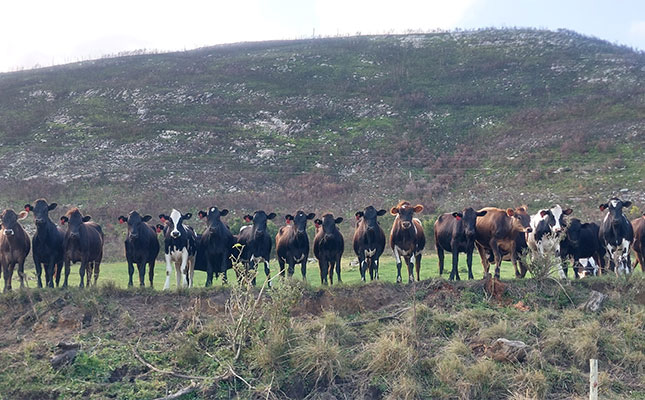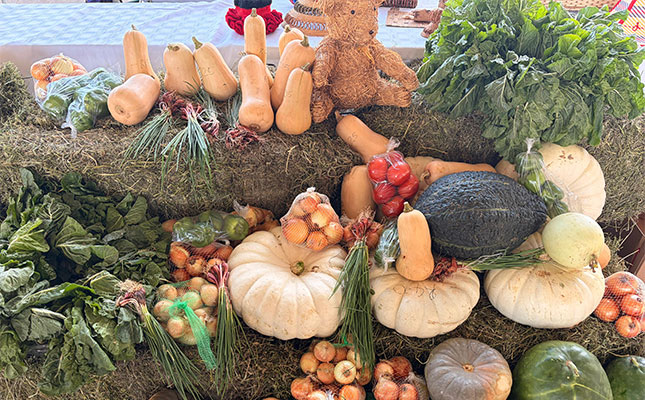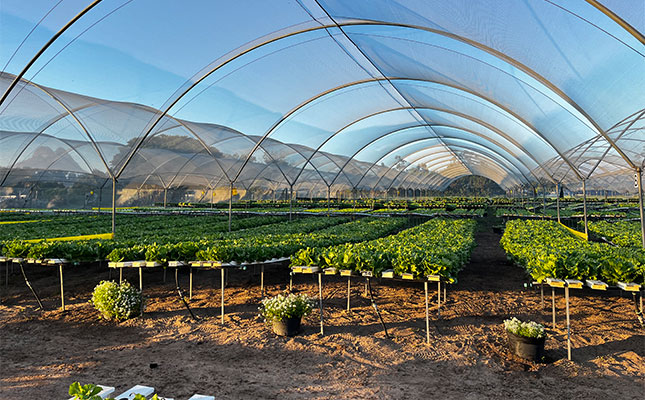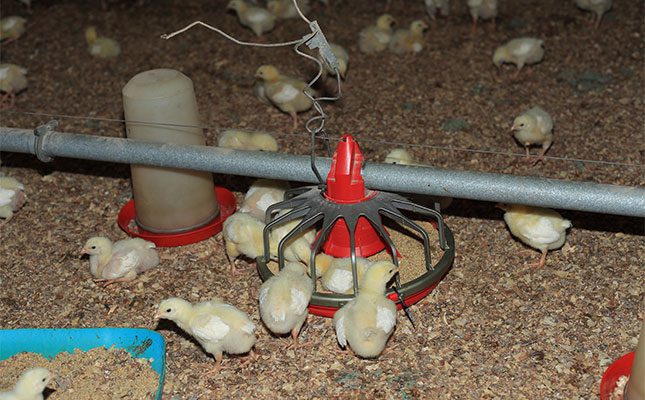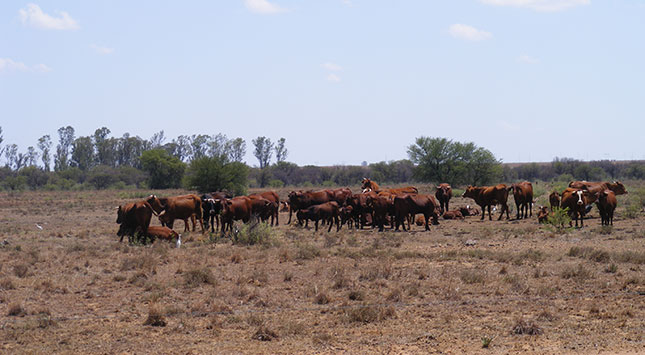
“There is no doubt that we are in crisis and that we have to do extraordinary things to meet the challenges we face,” Gordhan told journalists during a press conference on the 2016 Budget.
In his Budget speech, Gordhan confirmed that government had a plan “to protect South Africans from the effects of the drought”. The drought saw food inflation jump from 4,3% in June 2015 to 7% in January 2016.
“Funds have been reprioritised to respond to the impact of the drought on the farming sector and water-stressed communities,” said Gordhan.
READ Sheep farming in a severe drought
Government’s drought response was detailed in the Budget Review, which indicated that R1 billion would go to drought relief in 2015/2016.
The funds consist of
- R502 million from the department of water for drilling boreholes and buying water tankers;
- R318 million from the department of agriculture for activities such as moving cattle herds to state farms and transporting safe drinking water to drought-affected areas;
- Another R187 million, from the department of rural development, will be used to distribute animal feed.
The Budget Review also referred to the 2016 Division of Revenue Bill, which proposed changes to disaster-relief grants for provinces and municipalities:
“These grants, which previously provided only for the rehabilitation of infrastructure damaged by disasters, will also provide for operational costs incurred by provinces and municipalities to distribute water.”
Responding to a question from Farmer’s Weekly during the press conference, Gordhan said government was in ongoing talks with the farming sector to assess its needs.
He did not refer to a report presented to government by the Drought Task Team, comprising a number of agriculture organisations, which indicated that in a ‘best-case scenario’, the total fiscal outlay required from the 2016/2017 fiscal year to effectively respond to the drought would amount to more than R7 billion.
“We will take what measures we can to assist the agriculture sector as well as those who will be worst-affected by food price increases,” said Gordhan.
He announced that Land Bank had set aside a concessionary loan facility to assist farmers affected by the drought.
Johannes Möller, president of Agri SA, released a statement commenting on the budget, in which he said Agri SA had expected “more and firmer commitments” from Gordhan when it came to dealing with impact of the current drought”.
“There seems to be some level of ignorance as to what commercial agriculture require[s] after the current drought to remain the basis for food security of the country,” said Möller in the statement.
Referring to the report presented to government by the task team, he said the farming sector could not be accused of not being on top of the economic realities of the country.
“We have demonstrated this presence of mind when we approached government on drought relief measures in recent times.
Our request for state guarantees aimed at a certain portion of debt that may arise out of the current drought was clearly done with the cash flow position of government in mind,” said Möller.
Here are some comments from Twitter:
Land reform = 0.4% of national budget. No silver lining here. #landrights #Budget2016 https://t.co/eeMbcwRFf5
— Ruth Hall (@RuthHallPLAAS) February 24, 2016
Ernst Janovsky of @Absa says he is positive about agriculture despite bleak picture media paints. @FarmersWeeklySA #Budget2016
— Gerhard Uys (@Gerharduysbeer) February 24, 2016
#Budget2016 With food security at risk, government ignored the plight of #agriculture. @Our_DA @landbou @FarmersWeeklySA @AgriSAOfficial
— Annette Steyn (@AnnetteSteyn1) February 24, 2016
????”@FarmersWeeklySA: #Budget2016 Gordhan: Excise duties on beer will increase by 11c per 340ml can to R1,35.”
— IG:Luzipo_n (@ntsikayekhaya) February 24, 2016
Amounts allocated for #drought relief so far are FAR below what farmers need. Shifting of funds here and there isn’t enough #Budget2016
— Thabi Nkosi (@MissThabiNkosi) February 24, 2016
I would have appreciated it if comments on the budget took the Brazil downgrade also into account, we cannot afford going the Brazil route.
— Wessel Lemmer (@WesselLemmer) February 25, 2016
Get trusted farming news from Farmers Weekly in Google Top Stories.
➕ Add Farmers Weekly to Google ✔ Takes 10 seconds · ✔ Remove anytime
